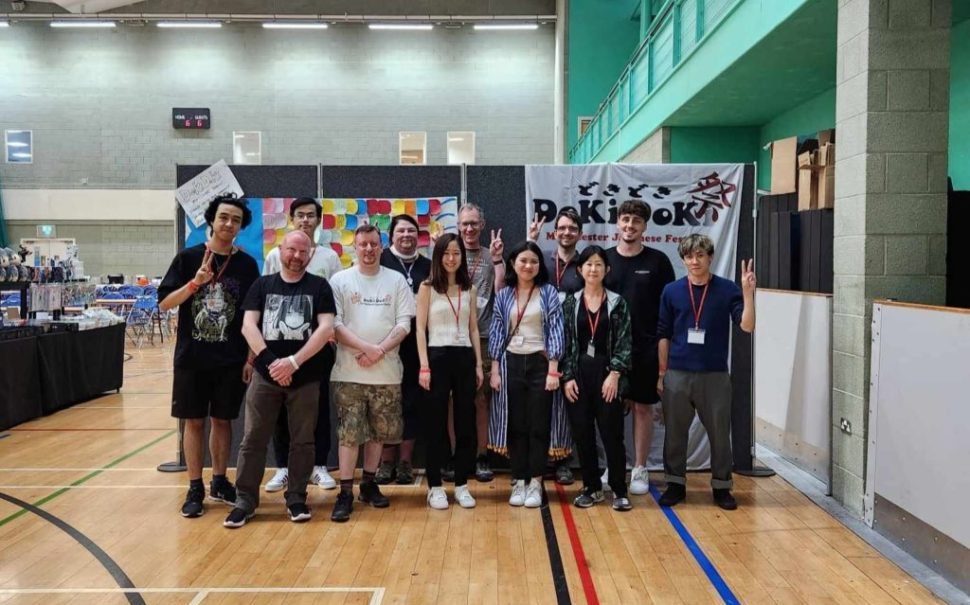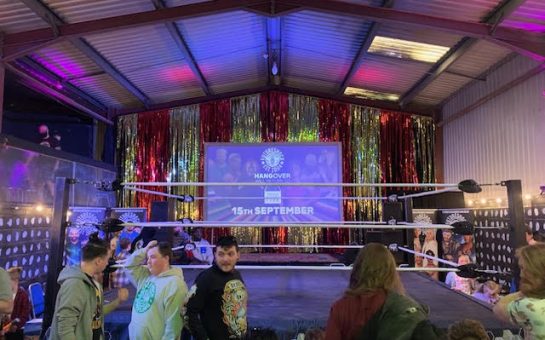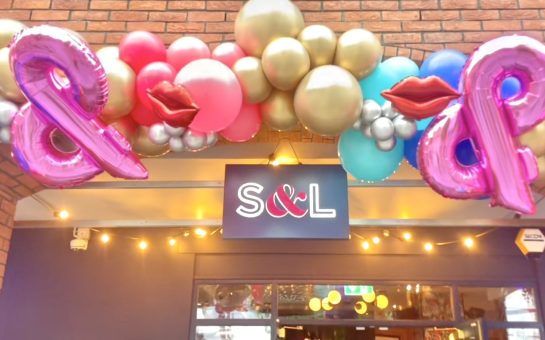Last weekend, after an impressive nine-year run, Manchester’s own Japanese Festival, or the Doki Doki, packed up for the last time.
Established in 2011 in tandem with the charity Aid For Japan, the Doki Doki assembles a colourful combination of artists, traders, academics, and cosplay enthusiasts in a celebration of both traditional and modern Japan.
The festival itself contained a myriad of stalls, talks and performances. At least half the space was full to bursting of artists selling their original works, often but not always with ties to manga, a popular style of Japanese comic art.
There were stalls offering resources to aid learning Japanese, stalls displaying katanas and other pieces of armour from the country’s distinct historical periods, talks on the exquisite art of woodblock printing, and spectacular drumming performances by the Tengo Taiko. For those dressed for the occasion, there were cosplay masquerades, championships and fashion shows.
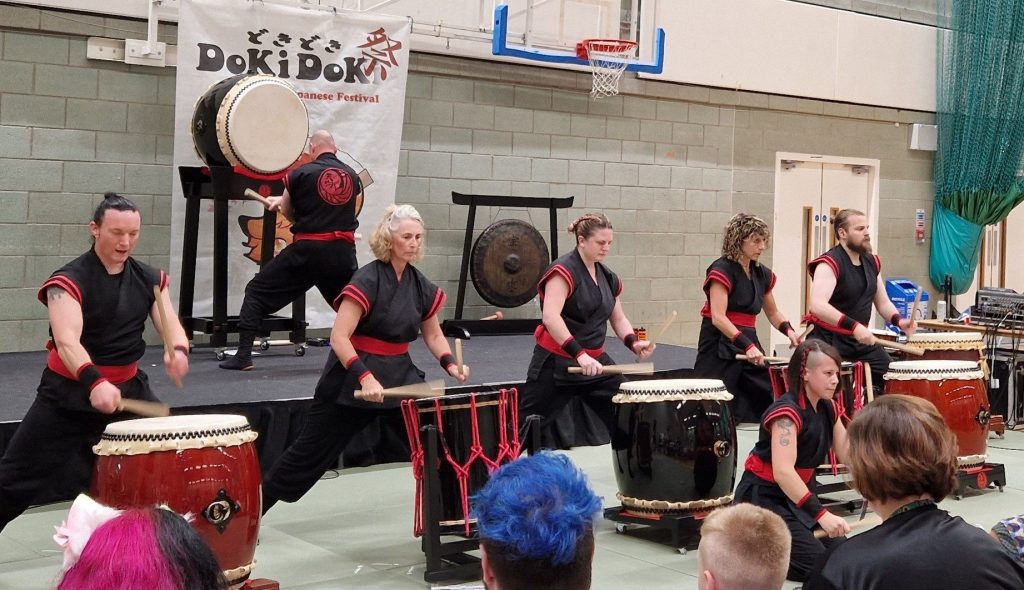
Pictured: The Tengo Taiko Drummers
The event has provided a fun and safe space for visitors since its inception, as well as a haven for creators to sell their own works.
Unlike many conventions or festivals of this kind based in London and elsewhere in the UK, the Doki Doki doesn’t solely feature manga and anime, embracing the more niche artists and performers that have made the event so special.
Artists Faye and Katie, who have sold their work at the Doki Doki for several years, divulged how much the festival has meant to them.
“I first attended as a baby cosplayer,” said Katie, who met her fiancée at the Doki Doki, “It would be a shame to lose it.”
Established in tandem with the charity Aid For Japan in 2011, the festival has always been non-profit, and wholly dependent on the work of dedicated volunteers.
Aid For Japan was set up by lecturer and consultant of Japanese culture Akemi Tanaka in the UK with the intention of supporting those orphaned by what is commonly known as the Great Japan Eastern Earthquake in 2011, which ripped through the country’s eastern coastal region. The following tsunami claimed the majority of the nearly 16,000 lives lost, destroying the coastal areas of Tohoku and southern Hokkaido.
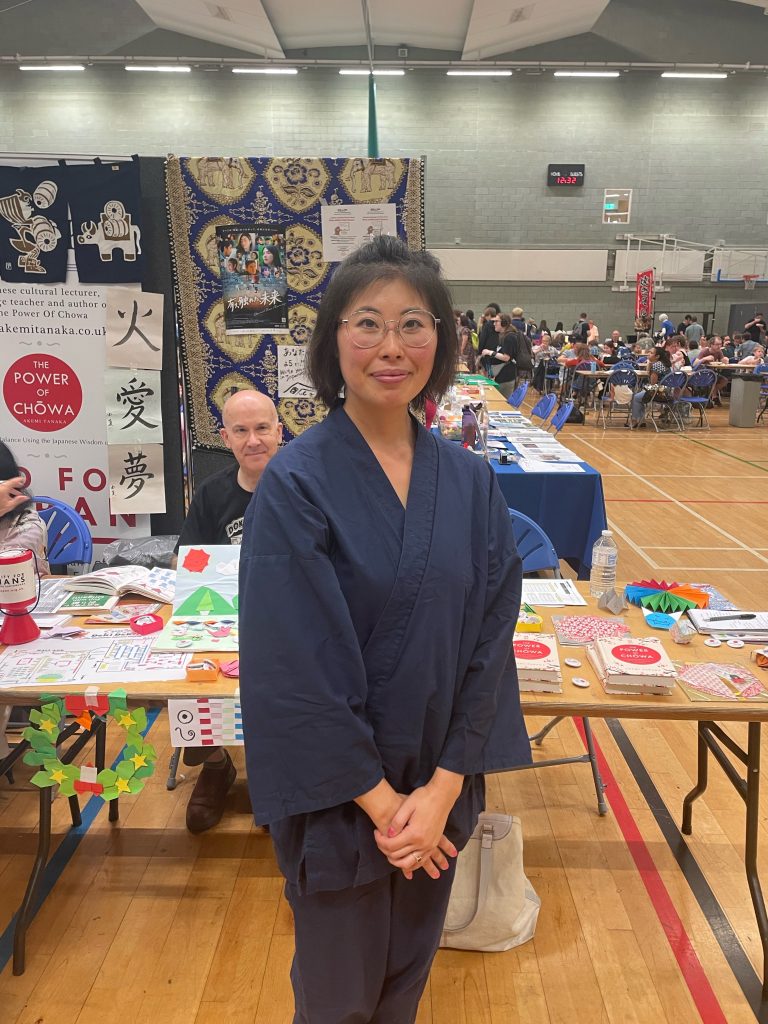
Pictured: Ramika Solloway, director of Aid For Japan
Tanaka sadly passed away from cancer in 2021. She was succeeded by her daughter, Ramika Solloway, who has seen the charity through to its inevitable conclusion.
“The orphans who benefitted from the charity are now adults,” she said. She praised the ‘amazing job’ of festival organiser Andrew had done, but acknowledged that for the orphans, it was time to move on, adding, “They want to leave the disaster behind.”
According to Solloway, the Doki Doki has supported Aid For Japan, ‘since the beginning,’ managing to raise over £50,000 for the charity over the last nine years years. It is fitting that they were ‘born together, grew together,’ and now will end together, after bringing financial support and individual fulfilment to young people who have experienced devastating loss.
Sole organiser of the event and fellow artist Andrew was the first to acknowledge how much the event has meant to people over the years. The first year, he said, “people queued around the block past Oxford Road train station.”
As the event expanded, and 300 to 400 visitors became 1500, an extra hall was added to accommodate the ever-expanding number of guests, traders and visitors.
Andrew expressed his own sadness that the festival would be bowing out for the last time. “It made so many people happy,” he said, noting that the event had provided a safe space for those who needed it.
Though the Doki Doki itself likely won’t continue in its current form, there has been talk of it being reborn as a series of smaller, separate events that will continue to celebrate everything Japanese.
Images from the Doki Doki Festival Facebook page, used with the Festival’s permission.
